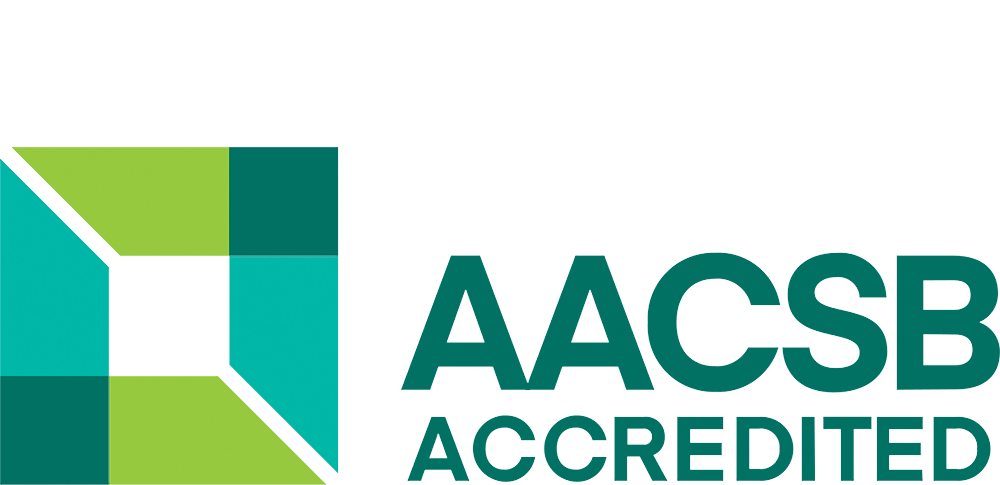What is corporate inclusion? What is at stake? How to implement an inclusive approach in your company? Do you want to learn how to implement an inclusive policy in your company? We provide you with all the keys to understanding the principle of inclusion.
What is inclusion?
Inclusion means ensuring that all employees of a company have access to all services and positions, regardless of age, gender, origin, sexual orientation or health status. All profiles should be able to integrate into the company. The notion of inclusion is different from that of integration. Integration does not imply major changes within a company or a society (for example, only adapting a job so that work and disability are compatible). It is more the person who has to adjust to the system, make the effort to integrate and normalise. The principle of inclusion, on the other hand, modifies the modes of operation and accommodation in a profound way, so that each person can integrate effortlessly and work under good conditions. Inclusion is a transformation of society aimed at overcoming all accessibility barriers in traditional structures (leisure, health, employment, education, social services, etc.). An inclusive company is one in which inclusion is embedded in the way it operates.
Inclusive company
What are the challenges of inclusion in business?
The main challenge of inclusion is to fight against discrimination in the job search and in the workplace. Recognising, accepting and valuing difference enables companies to achieve better performance. According to the consultancy firm Deloitte: "Companies that practice an inclusive policy generate up to 30% more turnover per employee and higher profitability than their competitors". Being inclusive is also a sign of a company's maturity. It shows that it recognises human values, the power of individual talent and that it takes into account new societal challenges. At the same time, companies that take action in favour of diversity are better perceived. So, as a bonus, it is a way of highlighting the company's values and maintaining a good brand image.
What is inclusive management?
You have understood: a company capable of integrating heterogeneous profiles is often a company that benefits from better overall performance. But how do you actually implement a process of inclusion in the workplace? This task falls to managers trained in inclusive management. Their role is to involve and value individuals who are different in terms of their background, origin, gender, sexual orientation, religion, physical or mental condition in the same work environment. They must recognise and ensure that the uniqueness of each individual is recognised, respect them and make this diversity a strength.
How to implement inclusive management in companies?
(Managers cannot work alone to promote inclusion in the company. Change must be accepted and promoted by everyone in the company. Managers must therefore first engage in dialogue with their employees and make them aware of the principle of inclusion. Once the changes are well understood by all, the leaders can put in place new operating rules. These rules must be based on a number of common values, including permeability. Permeability means accepting change, but also being able to open up and welcome different people into the group. The new rules must be acceptable and suitable for all actors in the company, otherwise inclusion will not be successful. To achieve this, it is important to facilitate exchanges between the HR and CSR (corporate social responsibility) departments.
The company should also set up a recruitment process that questions and involves all employees in the company. This is called inclusive recruitment. Do you want to learn about inclusion? Discover our training courses on the company of tomorrow.
Short courses
How to train for inclusive management
You have understood: inclusion is one of the new societal challenges that cannot be ignored these days. Training in this area is essential to combat inequalities in the workplace, to integrate all types of people into working life, and also to achieve good company performance. Among our short courses, we offer a training course on inclusion in the workplace. This course will enable you to understand how to implement an inclusion policy in your company in just two days. Our aim? To give you all the keys to succeed in understanding the role of the inclusive manager and to easily implement an inclusion policy in your company. Here are some of the concepts covered in IPAG's inclusive management course:
● Identifying and understanding different forms of disability.
● Inclusion and agility.
● Work and disability: the basics.
Would you like more information? Do not hesitate to contact us for advice tailored to your needs, your situation, your desires and your career path.







